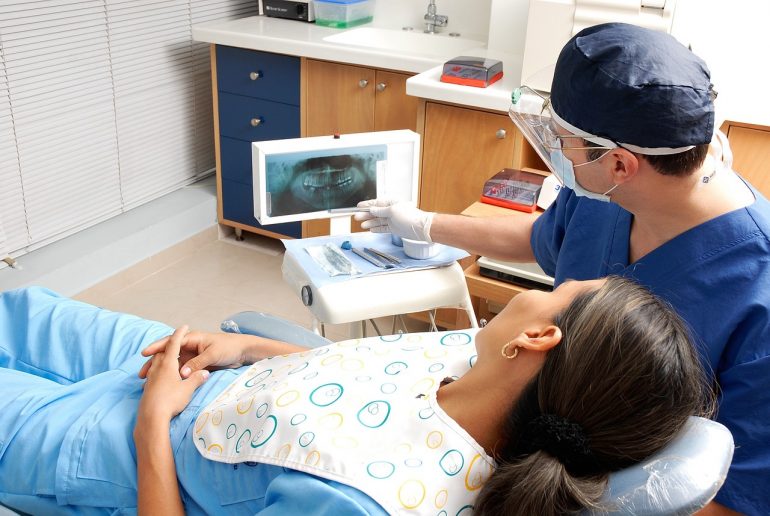The goal of dentistry, in the most basic of terms, is to preserve natural teeth. However, there are some situations where tooth extraction becomes a necessary step in maintaining oral health. Many dental issues can lead to this conclusion. Whether due to severe decay, advanced gum disease, or orthodontic needs, it is best to be prepared. A well-prepared approach to tooth extraction ensures you have a smoother procedure, and it facilitates a quicker recovery. We’ll explore the key aspects of preparing for this dental intervention
- Consultation and Evaluation
Your journey to tooth extraction typically begins with a consultation and evaluation by a dental professional. Through X-rays and a thorough examination, the dentist assesses the condition of your tooth, the surrounding bone, and the overall oral health.
This initial step helps determine whether the extraction is necessary and allows your dentist to plan for a smooth procedure.
- Discussion of Treatment Options
Following the evaluation, your dentist will tell you about some possible treatment options based on your specific needs. If the dentist feels the extraction is necessary, they’ll explain the reasons behind the recommendation and explore potential alternatives.
This step is crucial for informed decision-making, ensuring that you’re actively involved in the treatment plan.
- Pre-Extraction Instructions
Before the scheduled extraction, your dentist will provide pre-extraction instructions to prepare you for the procedure. These instructions may include guidelines on fasting (if necessary for sedation), medication adjustments, and any specific oral care routines to follow in the days before the extraction.
- Sedation and Anesthesia Options
Your dentist may offer various sedation and anaesthesia options to ensure you’re comfortable. These can range from local to general anaesthesia, depending on the complexity of the extraction and your preferences. It’s best to discuss these with your dentist as that would help alleviate any anxiety on your part.
- Medical History and Medication Review
Your dentist would have to review your medical history thoroughly. They’d go through your records to figure out if you’ve had any adverse reactions to drugs in the past. These are essential for a safe and successful extraction.
Certain medical conditions or medications may impact the procedure or the choice of anaesthesia. Providing accurate information allows the dental team to tailor the extraction process to your health needs, so don’t hold anything back. Just feel free.
- Post-Extraction Care Planning
Post-extraction care is crucial for a smooth recovery. Your dentist would provide instructions on managing discomfort, swelling, and potential bleeding. They’d also share their guidance on diet, oral hygiene practices, and follow-up appointments to support the healing process.
Following these instructions diligently contributes to a quicker and more comfortable recovery.
- Emotional Support and Communication
Dental professionals like Zen Dental recognize that tooth extraction can be an emotional experience. As such, they prioritize open communication and emotional support.
By addressing any concerns or apprehensions you may have, they build a trusting and collaborative relationship which smoothens the experience.
Conclusion
Tooth extraction is a common dental procedure that benefits from careful preparation and communication between you and the dental team.
By actively participating in the decision-making process and getting all the necessary information, you can navigate the journey to oral health with confidence and ease.
A smooth tooth extraction experience lays the foundation for a healthy, well-supported smile in the future.





